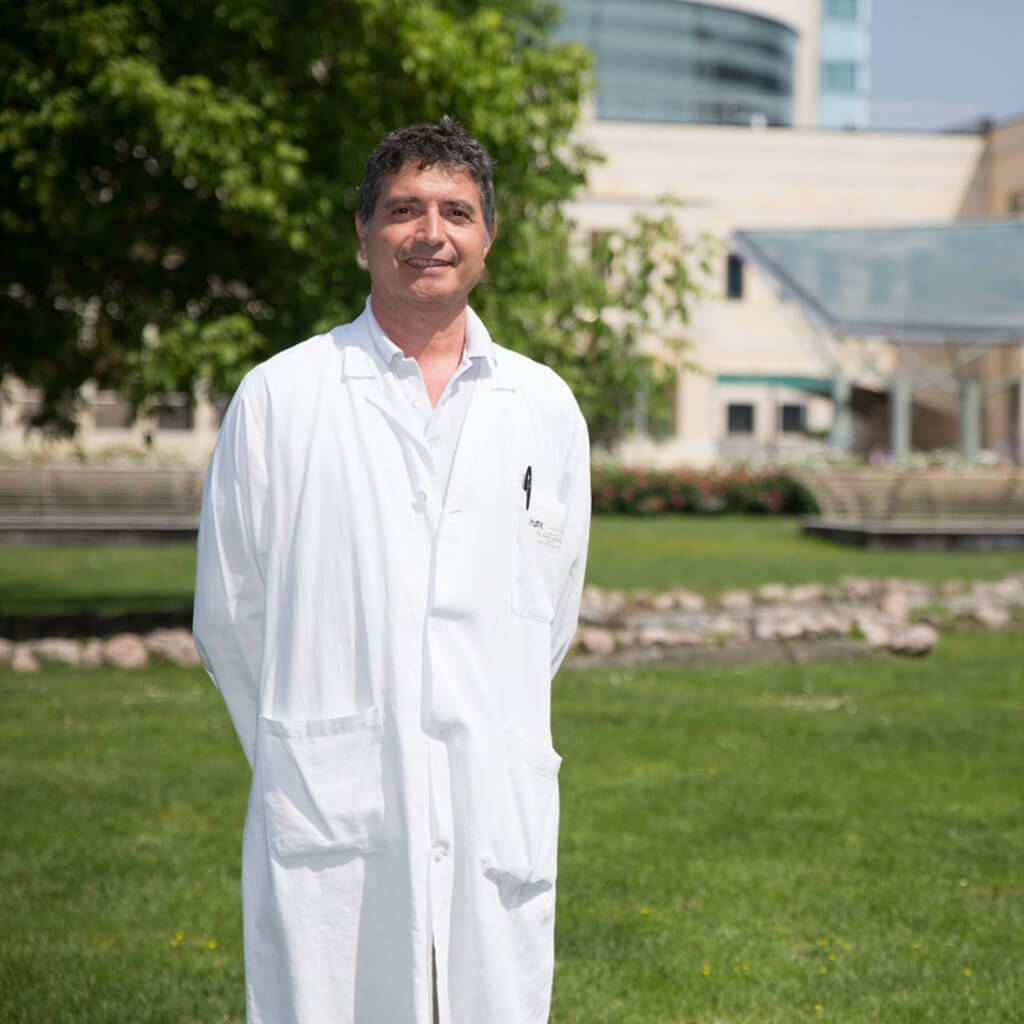Pancreatic surgery: operative mortality in many hospitals is too high

Publication date: 28-07-2020
Updated on: 14-02-2023
Topic: Pancreatic Diseases
Estimated reading time: 1 min

Article Author
Communication Team UniSR
Medical Editor
Communication Team UniSR
Editor and Translator
Viktoryia LuhakovaA new study published in the British Journal of Surgery has analyzed the operative mortality of individual Italian hospitals, highlighting the urgency of a new national accreditation policy
A study just published in the British Journal of Surgery and conducted by Dr. Gianpaolo Balzano, surgeon of the Pancreas Center at the San Raffaele Research Hospital, analyzed the operative mortality data for pancreatic resection interventions performed in Italy in the period 2014-2016. According to these numbers, provided by the Ministry of Health anonymously, from 395 Italian hospitals surveyed, as many as 300 (77% of the facilities) performed on average only 3 pancreatic surgeries per year. A number is too low, considering that pancreatic surgery is the most complex of all abdominal surgeries.
Among authors of the study are also Prof. Massimo Falconi, Professor of Surgery at the Vita-Salute San Raffaele University, and Dr. Paola Rancoita, researcher in medical statistics and member of the CUSSB (University Center of Statistics for Biomedical Sciences). The study proposes as a solution of centralizing the pancreatic surgery nationwide.
“If the hospital does not have sufficient experience, the patient may not receive an adequate treatment. The results show that in 300 hospitals the mortality from pancreatic resection is greater than 10%. It is 3 times higher than in the centers with more experience. This means that 130 deaths could be avoided every year if all patients were treated in highly specialized centers”, comments Gianpaolo Balzano.
However, allowing to perform pancreatic surgery only in high volume hospitals is not enough. According to the study, in fact, not all centers that perform a sufficient number of interventions to consolidate adequate experience in pancreatic surgery are able to offer low mortality. In some hospitals this risk can still be greater than 20-25%. Especially if there is no specific training in pancreatic surgery or if the hospital does not have the essential services to manage frequent post-operative complications.
This is why, according to the data analyzed, the best centralization model would consist in allowing to perform the pancreas surgery only to those centers that perform over 10 resections per year and whose operating mortality is lower than 5%. From 395, the number of accredited hospitals would become 45. Through this choice, the national average mortality would halve, from 6.2% to 2.7%.
Centralization of pancreatic surgery

“Pancreatic surgery must be centralized, restricting the number of centers authorized for this type of intervention and establishing strict accreditation rules. In pancreatic surgery, health policy choices can save more lives than any technical innovation: this is the reason why the Pancreas Units should be established with precise organizational and welfare guidelines, similarly to what was done at the State-Regions Conference with the establishment of the Breast Units in 2014”, continues Professor Balzano.
Comments Professor Massimo Falconi, Head of the Pancreas Surgery Unit and director of the Pancreas Center at the San Raffaele Research Hospital:
“The centralization of pancreatic surgery is a moral imperative: it means guaranteeing all patients access to adequate care. Alongside centralization, we must not forget that the multidisciplinary approach, the humanization of care and attention to the quality of life remain fundamental. This work further strengthens the validity of the path taken by the Lombardy Region where the Regional Council approved a resolution for the establishment of Pancreas Units, precisely on the model of the Breast Units, which are characterized in terms of excellence, multidisciplinarity measured with certain criteria and precise indicators”.